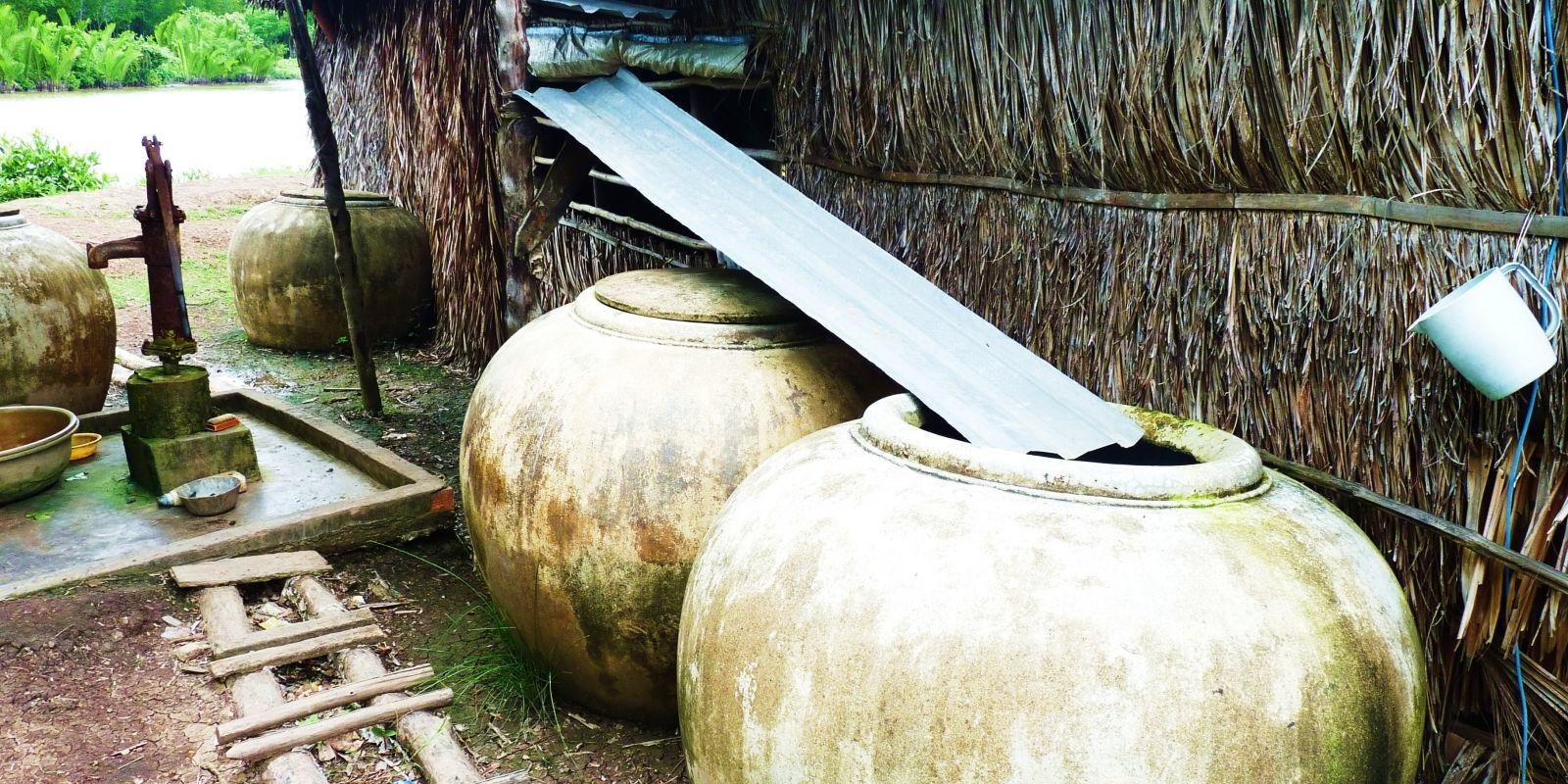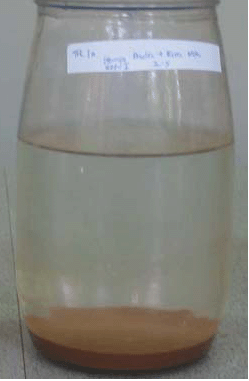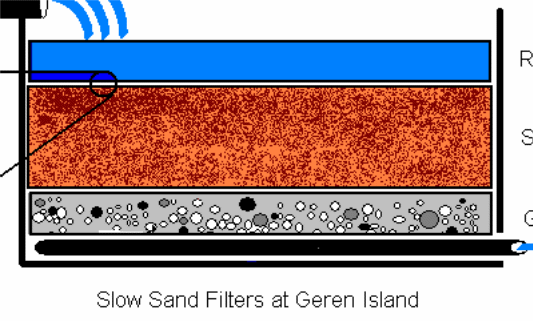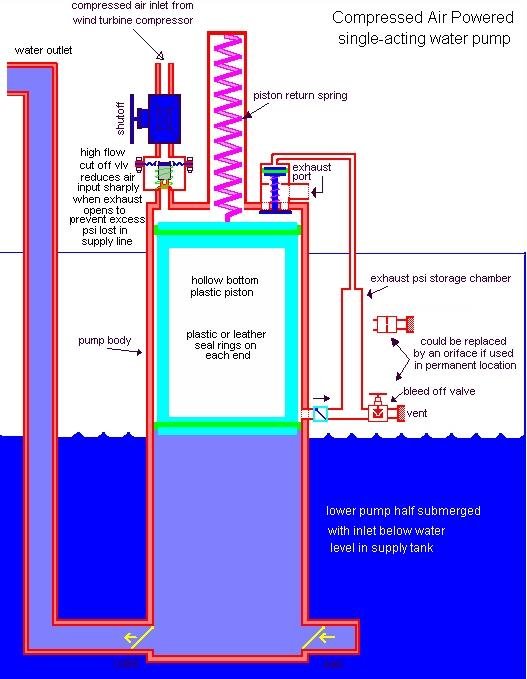Most inhabitants of Africa, South East Asia, the Middle East and Latin America live below the poverty line. These individuals mainly live in rural and semi-urban locations where access to piped water is limited. Therefore, rain and surface water are the most commonly available sources of water. However, given the fact that these individuals live in densely populated areas where the level of sanitation is questionable, access to clean for drinking and other domestic purposes is quite difficult.
Under these conditions, water is usually contaminated by pathogens (viruses and bacteria) making it not to be fit for human consumption (Lea, 2010). Stored water in containers and other storage facilities stand a high risk of contamination due to frequent exposure. At the same time, water that is stored using this methods act as breeding grounds for mosquitoes hence increasing the prevalence of malaria in rural and semi-urban settings of developing nations.
The aim of the current design is to provide clean drinking water to people of who are living in rural and semi-urban locations is Vietnam. The level of industrialization in Vietnam is increasing at an alarming rate. At the same time, rural and semi-urban have poor sanitation and waste management techniques. The overall outcome is that rivers and rainwater are highly contaminated. Individuals who consume such water normally contract serious waterborne diseases that pose a great danger not only to their health but also their lives.
Massive industrialization has led to increased levels of air pollution leading to acid rain. Acid rain contain a very high content of mercury that might be hazardous to the health of people if consumed. According to Walker and Wenokor (2012), high levels of mercury in rainwater may result to brain damage, eye defects, infertility and discourages. Rainwater that has been collected in the region is usually stored using rudimentary methods.
These methods expose this water to bacteria that may cause diseases such as typhoid, diphtheria, TB and cholera. Finally, rainwater that has been collected is always turbid. Turbidity usually arises due to the presence of suspended particles in the water. Despite the fact that turbidity might now have any adverse effects on the health of individuals, it sure makes water not to be attractive to the eye hence reducing the rate of its consumption.
The current design aims at overcoming all of these challenges. However, this design shall only focus on the storage, filtration, purification, and pumping of rainwater. This design has been developed to ensure that water is harvested, stored, filtered, purified and pumped in an effective and efficient manner.
To ensure that the current project is successful, the materials that will be used in the design are either cheap to acquire or they are locally available. At the same time, the current design has factored in the culture and traditions of the targeted communities. This is essential as it plays a critical role in gaining the support of the target communities.
Rainwater Collection
During the rainy season, the people of Vietnam who live in rural and semi-urban settings usually store water in ceramic jars. This water is usually tapped from the roof of the houses and directed to the jars. These jars are approximately 1M³b and are capable of sustaining a normal family for about six months to one year.
However, this can only be possible if the water is exclusively used for drinking purposes (EWB, 2012). Frequent opening of these jars expose the water to agents of contamination such as bacteria. The water may also contain sediments especially from sand and dust particles that might cause turbidity. The figure below shows the manner in which rainwater is harvested in the region (EWB, 2012).

To effectively harvest rainwater, the current design shall require the following components:
- Catchment area.
- Gutters and downspouts.
- Leaf screens.
- Storage tanks (cisterns).
- Delivery system.
- Purification system.
Due to the limited level of development in the area, house roofs shall be used as the main catchment area. However, to increase the effectiveness and efficiency of the design, rain barns and pole barns shall can be constructed. These barns will not only be used as catchment areas but they will also be used for other domestic purposes. The roofs of the houses play a significant role in determining the quantity and quality of water that shall be collected.
However, the main setback to this design is the fact that most houses have thatched roof. To avert this problem, the barns that shall be constructed shall have metal roofs made from galvanized iron sheets. Due to their smoothness, galvanized iron sheets are usually effective in rainwater harvesting. Gutters shall be installed on all roofs to ensure that water does not escape from the edges of the roofs. Gutters shall be made from either aluminum or PVC.
These materials have been chosen since they are cheap and available locally. Additionally, drop outlets shall be required. These drops shall be used to transport the collected water downwards from the roof to the storage facilities. These outlets should be strapped to ensure that they hold in place in the long run. Leaf screens are essential since they help in improving the quality of water collected.
With the help of a series of meshes (leaf guards), leaf screens sieve any sediments that may have been collected in the catchment area. This not only ensures that the water that is collected is of high quality but also eliminates the problem of clogging in the gutters and drop outlets.
All the water should then be driven to the storage tank (cisterns). Cisterns should be placed in strategic locations within every house to ensure that the maximum quantity of water is collected by reducing the distance travelled. The location should also be elevated to compensate for any frictional losses that may arise while pumping the water.
Cisterns should also be painted in dark colors to eliminate the growth of algae and any other microorganism that would otherwise contaminate the water. Furthermore, their vents should be screened to eliminate any chance of mosquito breeding. In this design, water collected from several roofs can be directed to one main cistern (Krishna, 2005).

To be in line with the culture and traditions of the region, wood cisterns shall be used in this design. Wood is readily available, easy to use, and effective in water storage. The size of the cisterns shall depend on the size of the population, the amount of rainfall, its frequency, and the length of dry periods. On average however, the size of the cisterns shall range between 25,000 gallons to 35,000 gallons.
After the water has been harvested, it needs to be filtered and purified before it is made available for domestic use. It is here that the purification process takes place. In developed nations, water is purified with the help of chemicals. However, since these chemicals might be expensive or unavailable in this region, a more effective yet locally available alternative, seeds from the Moringa tree, shall be used.
The crushed powder from Moringa seeds can be used to enhance the filtration process as well as purifying the water by killing any germs and bacteria that might be present in the water. After killing germs and bacteria, the powder from the seeds agglutinates with other sediments that might be present in the water and settles down at the bottom of the tank (MiracleTrees, 2012). This process has been proved to be 99% effective (MiracleTrees, 2012).


Once the water has been purified, it needs to be filtered. This design will utilize the slow sand filter for this process. This filter was chosen because fine sand is readily available in the region. The sand filter shall be used to remove turbidity of the water. The figure below shows the mechanism of the sand filter (Walker and Wenokor, 2010).

Water flows through the various layers of sand. The depth of each layer is carefully calculated to ensure that the filtration process is carried out in an effective and efficient manner to eliminate any particles or sediments that might be present hence eliminating turbidity of the water. Therefore, the water that flows out of the filter shall be clear. This filter should be placed between the collecting cistern and the storage cistern.
This arrangement gives time to the filtration process to be carried out slowly and effectively. Once the water has been harvested, purified and filtered, it needs to be pumped to specific points where it shall be accessible to the community. This process requires the use of energy.
Since electricity might not be available in this part of the country and its maintenance shall be costly, this design shall use windmills for this process. This is because wind is available for free and when harnessed in an effective manner, it can generate a lot of power. The figure below shows a design of a windmill (Krishna, 2005).

Power shall be required to pump water since the final cistern (main cistern) shall be on a low level. Windmills can be propelled with the slightest wind all day and night. In one hour, a windmill can pump up 500 gallons of water. Windmills work automatically, either during the day or at night. Most importantly, they can be constructed using locally available materials and have a longer lifespan as compared to solar and electric pumps.
The current design is effective and efficient in the sense that it meets the water needs and requirements of the people living in rural and semi-urban regions of Vietnam. The cost required to set up this design is minimal since most of the materials that are used are locally available. At the same time, the water that is finally delivered to the community for consumption is clean and free from any germs and bacteria that might be harmful to the health of individuals.
The design also guarantees safe storage of water hence ensuring efficient supply of water all year round. The design of the system is also environmental friendly as most of the materials that have been used are organic and do not pollute the environment in any manner. Finally, the design takes into consideration the culture and practices of the locals hence gaining their support in the short run and in the long run.
References
EWB 2012, Water supply and Sanitation. Web.
Krishna, J 2005, Texas manual on rainwater harvesting. Web.
Lea, M 2010, ‘Seed Extract from Moringa oleifera for water bioremediation’, Current protocols in Microbiology, vol. 2 no. 14, 71-91.
MiracleTrees 2012, Reverse osmosis: How to purify water with Moringa seeds. Web.
Walker, J and Wenokor, R 2010, Designing a water purification system in a developing community in Algeria. Web.